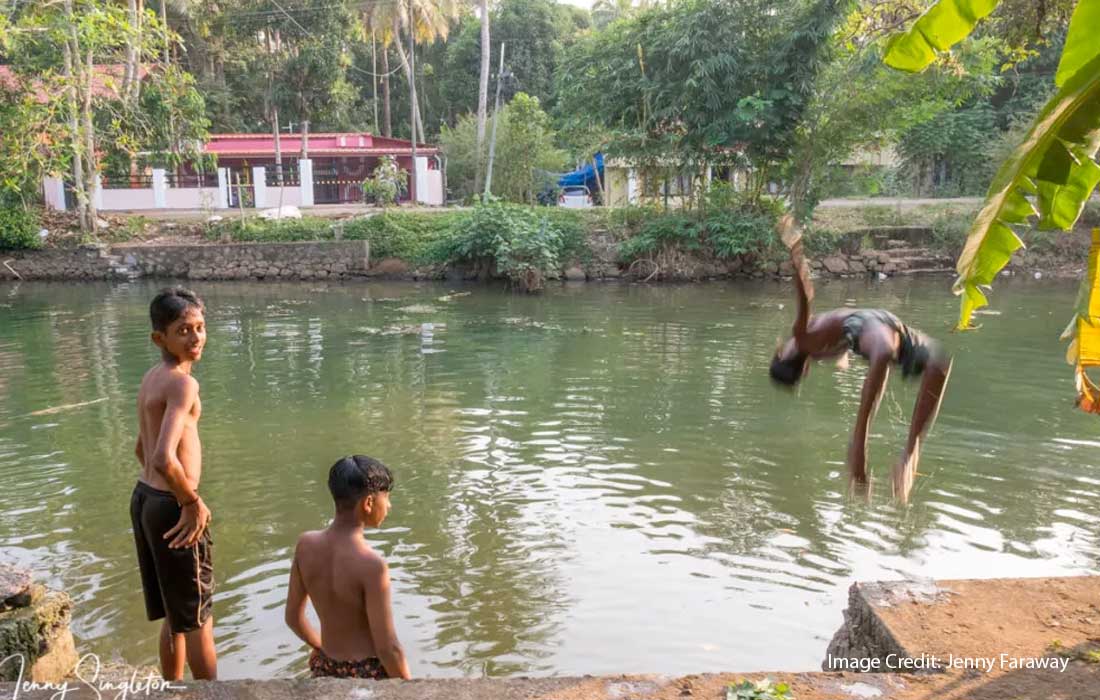‘Brain-Eating Amoeba’ kills young girl in Kerala
Thu 23 May 2024
Kerala: The recent death of a young girl in Kerala, India, has brought renewed attention to the dangers posed by Naegleria fowleri, a microscopic organism commonly known as the “brain-eating amoeba.” The tragic incident occurred when the girl, who had been swimming in a local water body, contracted a rare and fatal brain infection caused by the amoeba.
Naegleria fowleri is typically found in warm freshwater environments such as lakes, rivers, and hot springs. When people engage in activities like swimming or diving in these bodies of water, the amoeba can enter the body through the nose and travel to the brain, causing a severe condition known as primary amebic meningoencephalitis (PAM).
The young girl’s death serves as a stark reminder of the potential risks associated with recreational water activities in areas where Naegleria fowleri may be present. Symptoms of PAM can develop rapidly and include headache, fever, nausea, vomiting, and stiffness of the neck. As the infection progresses, it can lead to confusion, hallucinations, seizures, and coma, often resulting in death within a matter of days.
Read also: 39 flamingos get hit by an Emirates aircraft in Mumbai
Preventing infection with Naegleria fowleri is challenging but essential. Avoiding activities that involve the nose coming into contact with warm freshwater is the most effective way to reduce the risk of exposure. This includes refraining from diving, jumping, or engaging in water sports in bodies of water where the amoeba may be present. Additionally, using treated water for activities such as nasal irrigation can help prevent the introduction of the amoeba into the nasal passages.
Public health authorities in affected regions often issue advisories and warnings during warmer months when the risk of exposure to Naegleria fowleri is higher. By staying informed and following recommended guidelines, individuals can help protect themselves and their loved ones from this deadly amoeba.

 Jun 12 2024
Jun 12 2024












